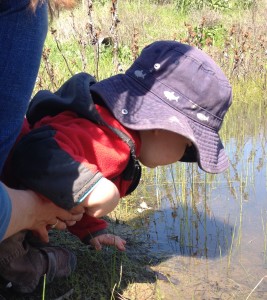In a radio interview this last week, I was asked, “Are there ways for people who don’t want to be farmers to live biodynamic lives?”
This question cuts to the chase. “Yes,” I replied, and suggested practical actions, like joining a Biodynamic CSA (Community Supported Agriculture, in which you subscribe and get a box of veggies every week during growing season). When you purchase a product, you are supporting the system that grew it, I explained, so supporting farmers who think about balance and the earth, not just profit and how much can be extracted, is important.
But this question leads to the core issue: that consciousness that is supported by a “biodynamic life”. This is an examined life, an analytic lifestyle, in the language of my Jungian analyst profession of analytical psychology. It means paying attention to what you don’t want to claim and project onto others, what Jung termed shadow, or the refuse farmers call manure—and it means composting that, applying a kind of tapas (attention) or heat, to it to transform it from a dung heap to fertilizer. We are more psychologically mature, conscious people when we accept even our rougher parts, taking responsibility for our less desirable traits: meanness, envy, gluttony, you know! the seven deadly sins. It means being conscious of our motives.
A biodynamic life necessitates a receptiveness and willingness to perceive what is present. Too often our realities are defined by what we think we know. Certainly this process of learning to listen within is what sorts out Jungian analysis from more adaptive, problem-solving therapies (which also have their place). But as a culture, we have adopted a kind of strong-arming attitude toward the psyche. The idea of receiving what comes in dreams or learning to listen to impressions and intuitions, and to pay heed, is too often eclipsed by the need to “be normal” or “acceptable” or “to feel good.”
In farming with biodynamic techniques, we have learned that our attitude toward our ranch influences everything on it. (My own story is told in Farming Soul: A Tale of Initiation.) We are part of a web of life, and that web includes not only ourselves, but also the earth beneath our feet, the vines, the lavender, the coyotes that yap in the early hours, the forest, the rain that comes or not, the neighbors next to us. It is important to keep the whole in our hearts, to develop awareness of the relationship of one thing to another. We have also learned that when we interact on energetic levels with the ranch through the biodynamic preparations, prepared and stirred in meditative, conscious ways, things thrive, and we do as well. (Our ailing vineyard’s grape production doubled as we began farming this way.)
A biodynamic, examined life is one that becomes sensitive to one’s place in the web, and then takes responsibility for what one does that causes trouble. This is true for farming, and it is true for the personal psyche. The environmental crisis is truly a crisis of consciousness. Learning to perceive one’s place in it (a biodynamic lifestyle!) is critical to our survival.
